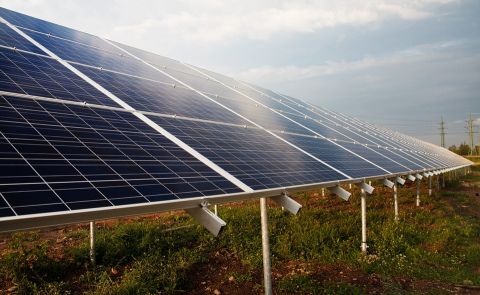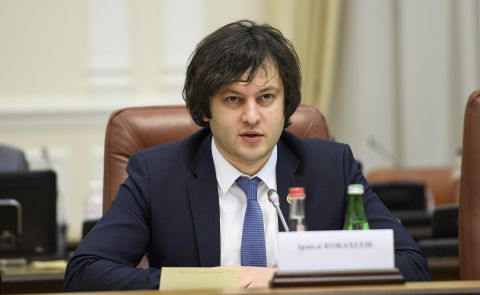
Conflicting approaches on the South Caucasus regional security architecture: Georgia and US oppose the 3+3 format

On 26 March, Georgia’s Foreign Minister David Zalkaliani stated that his country does not want to work with Russia in the 6 country regional platform over the regulation of Nagorno-Karabakh conflict, as proposed by Azerbaijan’s President Ilham Aliyev and Turkey’s President Recep Tayyip Erdogan (Caucasus Watch reported).
“We do not view any platform with Russia who occupied our territories,” he said at a news conference. He said Tbilisi wants to be engaged in the conflict settlement process with the participation of international partners as a dialogue site.
Similar views were from the US, as the Azerbaijani news agency “Turan” quoted a US Department of State official as saying that the US would prefer the Organization for Security and Cooperation in Europe (OSCE) to deal with regional security in the South Caucasus. The state department official also said that Georgians rightly don't want to go to the negotiating table with a country that occupies 20 percent of their territory and refuses to live up to its own commitments.
While discussing the political crisis in Georgia in the US senate, the Deputy Assistant Secretary of State for European and Eurasian Affairs George Kent also advocated for an OSCE approach on regional security in the South Caucasus. He emphasised that the 3+3 regional platform “is a great departure from that values based all stake-holder process.” "It would be exclusive and would focus on regional infrastructure... Georgians are concerned because some of the designs that Russians have put on the table which actually circumvent Georgia with rail and road infrastructure in the same way that Nord Stream and TurkStream pipelines circumvent Ukraine for provision of gas to Western Europe. That is the threat that Georgia sees to this platform.”
Kent also made it clear that the deployment of Russian troops as “peacekeepers” to Nagorno-Karabakh "now means Russia has boots on the ground in all three South Caucasus countries." Turkish and Russian troops now jointly man a cease-fire monitoring centre in Azerbaijan. For Kent, the 3+3 regional platform proposed by Russia, Turkey, and Iran "seeks to take advantage of this new dynamic to further increase Russian, Turkish, and Iranian influence in the region.” "We are currently exploring ways in which the United States can support greater cooperation among the South Caucasus countries while preserving their sovereignty and freedom of action," he added.
It should also be noted that during a virtual summit with 27 EU leaders on 25 March, the US President Joseph Biden called for continued US-EU engagement on Turkey, the South Caucasus, Eastern Europe, and the Western Balkan. A day earlier, the US State Secretary Antony Blinken and the EU High Representative for Foreign Affairs and Security Policy Joseph Borell met in person and agreed to address in a coordinated manner Russia’s challenging behaviour towards Ukraine and Georgia.
Concerns also came from Moscow’s foreign policy officials regarding Georgia’s foreign policy priorities, especially the aspiration to apply for EU and NATO candidacy in 2024. “We know how events unfolded in 2008 when Georgia and Ukraine received signals of possible NATO membership at the Bucharest summit. We believe that [Georgia’s former President] Mikhael Saakashvili got this as a certain signal, a carte blanche for a forceful operation. We all know how it ended, and we are still working on it. I repeat, we believe aspiration to Europe and NATO is an unjustified, unnecessary choice. Georgian politicians have to decide whether they want to live in a stable and predictable situation or constantly confront the uncertainty that will intensify if Georgia joins NATO,” said Russia’s Deputy Foreign Minister Andrei Rudenko.
See Also

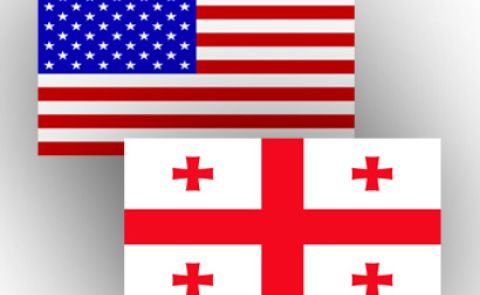
Kobakhidze Meets US Senator Daines to Discuss Bilateral Relations
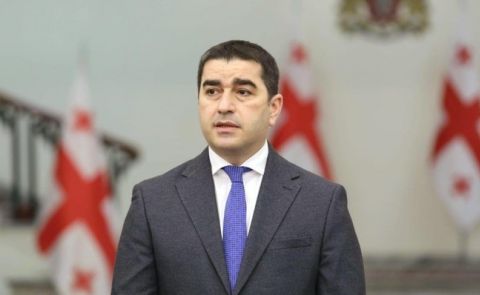
Georgian Speaker Condemns Embassy Travel Warnings as Economic Attack
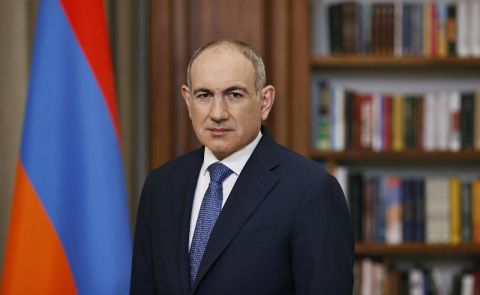
Political Crisis Deepens Between Armenian Government and Apostolic Church After Pashinyan’s Remarks
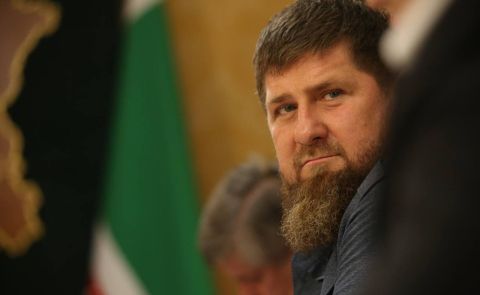
Ramzan Kadyrov Awards Title to Ingush Businessman
